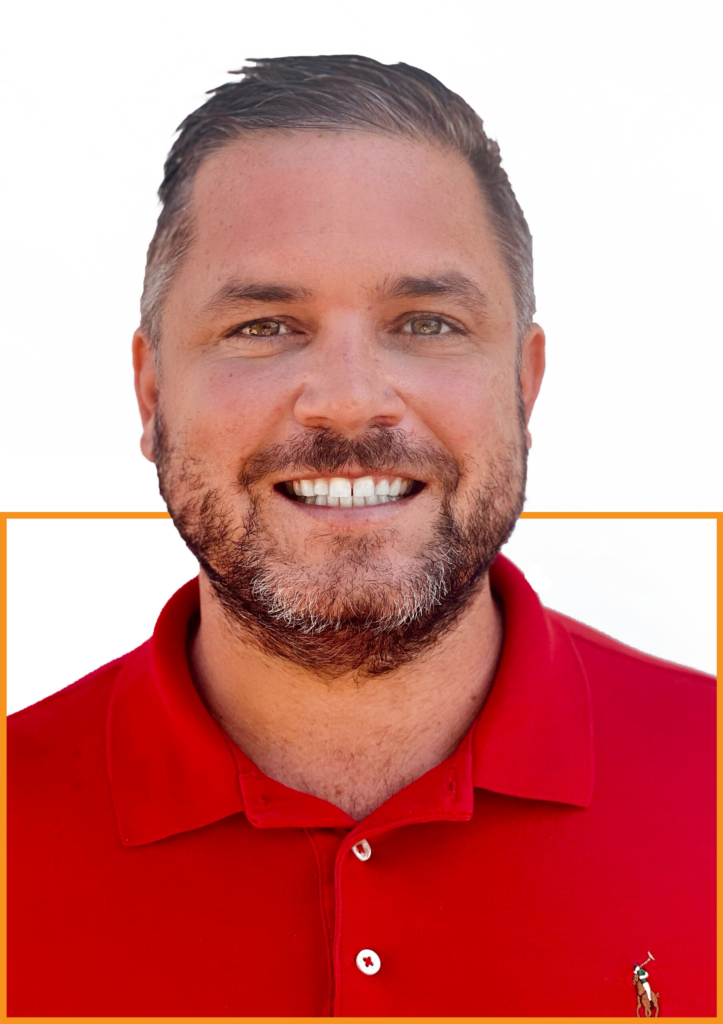Despite the declining number of cases over the past decade, an estimated 1.2 million people in the United States still live with the human immunodeficiency virus (HIV).1 Thankfully, most no longer see it as the terminal illness they once saw it as forty years ago. Proactive medical care makes HIV a chronic but manageable condition, not unlike hypertension or diabetes.
However, accessing that vital care and taking the proper precautions is challenging for someone fearful of disclosing their HIV status. Although the stigma surrounding HIV isn’t as vicious as when the condition first emerged, ongoing misunderstandings may keep people from opening up about it and receiving the care they need.
Reluctance to open up about HIV status is a primary reason the condition persists. Additionally, in states like Idaho where misunderstanding and stigma surrounding HIV are more prominent, people are more hesitant to disclose their status and seek appropriate medical treatment.
This perpetuates the possibility of further transmission, especially for certain portions of the population who are more at risk, such as people who inject drugs. Since intravenous substance users are more likely to contract HIV, substance abuse treatment programs should adopt HIV awareness and prevention strategies.
How are HIV and substance abuse in Idaho connected?
HIV and Substance Abuse in Idaho
Human immunodeficiency virus is a chronic, lifelong condition that attacks the body’s immune system. Anyone can contract HIV regardless of age, gender, race, or sexual orientation. Despite preconceptions, HIV does not only affect certain “types” of people. However, the way the virus spreads makes it more likely to infect some groups of people than others.
HIV and substance abuse are still closely associated, particularly when it comes to injection drug use. HIV transmits through the passing of bodily fluids from someone with the virus to someone without it. The most common ways that a person can contract HIV include having unprotected sex or sharing hypodermic needles. This puts people who inject drugs at a much greater risk of infection.
An HIV-negative person has a 1 in 60 chance of contracting the virus every time they use a needle used by someone with HIV.2 Used needles or syringes may have blood on or in them which may enter the bloodstream when someone injects with that same equipment. Depending on temperature and other factors, HIV can survive in a needle or syringe for over 40 days.3
The rising rates of substance abuse in Idaho also increase the likelihood of possible HIV transmission. Recognizing the correlation between these two conditions is an important step toward slowing the transmission of HIV and substance abuse-related conditions.
HIV-related Stigma and Reducing the Rates of Transmission
Although the spread of HIV has slowed over the years, people continue to transmit the condition both knowingly and knowingly. While unprotected sex and injection drug use are responsible for the transmission of HIV, HIV-related stigma is largely responsible for keeping people from receiving care and thus further passing the virus.
Thankfully, HIV is no longer the fatal diagnosis that it once was. Someone living with HIV can manage the condition with a consistent daily regimen of antiretroviral medication and live a happy, healthy, and fulfilling life. But misunderstanding and fear of disclosing the possibility of HIV contraction still separate people from these life-saving resources.
Additionally, the fear of receiving a positive result for an HIV test leaves many reluctant to seek testing in the first place. People who are not aware of their status are 3.5 times more likely to transmit the virus than those who are.4 Ending HIV requires people to know their status and take the appropriate precautions, so addressing and eliminating HIV-related stigma is a crucial part of the process.
How Comprehensive Substance Abuse Care Can Help
The close association between substance abuse and conditions like HIV means it should be on every treatment program’s radar. Comprehensive substance abuse care means considering all aspects of a person’s health, including the possibility of being HIV-positive and providing the appropriate resources.
Another important role of substance abuse care involves offering resources that help people avoid infection in the first place. This includes both education as well as possible harm-reduction methods such as:
- Taking PrEP
- Using proper protection during sex
- Abstaining from sex
- Avoiding contact with other people’s blood
- Avoiding intravenous drug use
- Using only clean, sterile needles
- Not sharing needles
- Properly disposing of used needles
Community resources serve as another option on the front line of defense against HIV transmission among people who inject drugs. Substance abuse treatment programs can work with community resources to offer a well-rounded care plan that addresses all of a person’s health.
Recognizing and addressing the need for HIV awareness in substance abuse treatment is a critical part of the Emerge Recovery difference. In our commitment to do rehab differently, we’re dedicated to doing our part to reduce transmission rates and help end HIV infections among people who inject drugs. If you or a loved one are struggling with substance abuse in Idaho and ready to take a new approach to treatment, schedule your free Recovery Activation Call today.
References
1. United Health Foundation. (2022). High-risk HIV Behaviors.
2. Centers for Disease Control and Prevention. (2021). HIV and Injection Drug Use.
3. Substance Use & Misuse. (2000). Survival of HIV-1 in syringes.
4. Idaho State Journal. (2022). Let’s talk HIV awareness.












